Associate Producer: Roger M. Suggs
Photo credits: The T.R.U.T.H. Apparel Line/GTM Media/Wilson’s Pizza
In the first decades following the outlaw of slavery in the U.S., Blacks were able to resiliently make do with what was available to their people; despite the more covert race-based barriers, which were systemically formed against them.
Skilled men and women forged a new frontier in Black America throughout a variety of municipal pockets across the nation. The success of these golden-era Black American pioneers was admirably intricate. It included the usage of cooperative politics, community-based education, team dynamics in strategic business functioning, and cooperative economics.
However, there was one functionality inside of Black America’s early 20th-century communities, which was essentially the thread that kept everything together: The Black family.
Two Minutes and Some Change Productions, the GTM Media Firm, and the T.R.U.T.H. apparel line are the contributing entities behind a so-called “mini-mentary” film called “Surviving Quindaro: The Gary Wilson Story.” Community activist Roger M. Suggs is the film’s producer and director. This short documentary is part of a series of Suggs-directed projects, which chronicles a black community in America’s heartland.
Quindaro, Kansas (named after a Native American tribe) was the staging ground for Black liberation during the Civil War. Later, Quindaro became a subdivision of Kansas City, Kansas inside the county of Wyandotte (also named after a Native American tribe). Mr. Wilson’s family and business ties to this community are ethically binding and run very deep.
In an interview with the filmmaker who has chronicled his life, Wilson (pictured left) talks about the boyhood lessons he learned from his father while watching him thrive as a successful Black entrepreneur in the 1960s and 1970s.
“We have always been in a family business,” Wilson said while being interviewed inside his family’s Wilson’s Pizza and Grill restaurant at 1801 Quindaro Blvd. in Kansas City, Kansas.
Throughout the short documentary, Wilson’s warm and ingratiating personality is on full display. He has the loving, healthy humor of a legitimate star comedian-turned-television actor; one who debuted during a golden-era of Black Hollywood in a sitcom as the charismatic and beloved patriarch of his family’s household.
Whether you know Wilson well or not, some of these candid moments on camera where he is showing off his humorous side are guaranteed to make you smile. However, Wilson’s fatherly influence has extended beyond his own household.
It has seeped deeply throughout the over-gentrified and predominantly black community where he still does business; in a forgotten district literally, as one of the last two men standing. Many young black men and women in the Quindaro community have depended on Wilson’s Pizza and Grill as a source of employment.
“I will give [my community’s young people] anything I’d give my own kids…what’s righteous, what’s right – to help a person live on the truth. The truth is the only thing that will set you free,” Wilson says lucidly during the film.
In addition to his charismatic star-powered personality and seasoned business acumen, Wilson is quite the consummate historian. Throughout his conversation with Suggs, the film’s director, the Kansas City foodservice businessman dives deep into the overall history of a community, which made him who he is today.
To rent an economically-priced webcast version of “Surviving Quindaro: The Gary Wilson Story,” visit here.

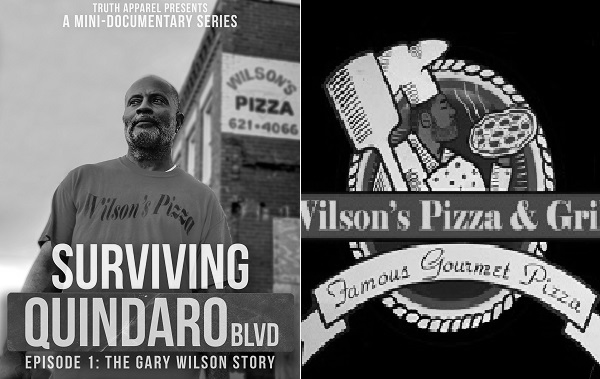



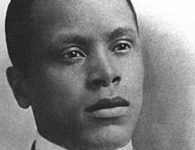
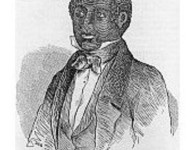
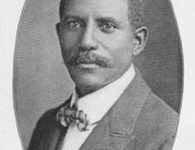

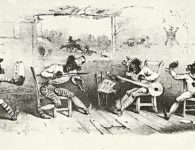

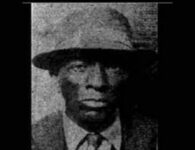

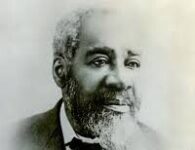
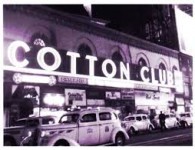
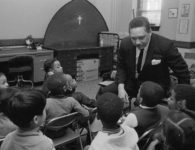

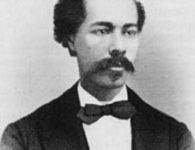



No comments